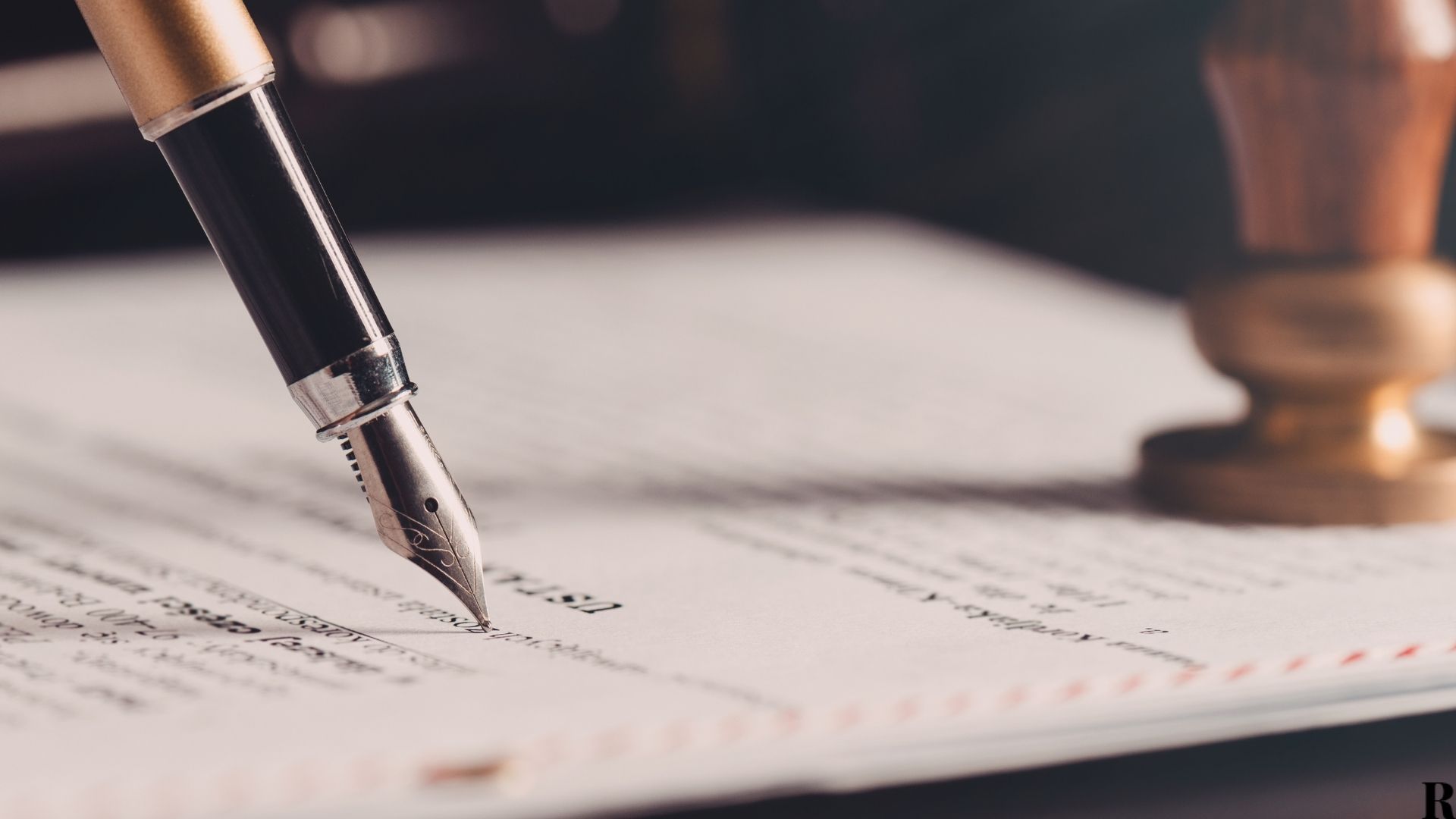Demystifying Notarial Job: Streamlining the Duty and Value of Notaries
In the detailed internet of legal documents and verification, notaries stand as columns of assurance and credibility. Their duty, often shrouded in enigma for numerous, lugs considerable weight in making sure the credibility and integrity of important papers. As guardians of validity and fact, notaries play a crucial component in our culture, yet their job is not always totally understood. By deciphering the intricacies surrounding notarial techniques and shedding light on the importance of their acts, a more clear understanding emerges of the essential function notaries play in promoting the material of legal and legal arrangements.
The Background of Notarial Job
Just how did notarial work evolve gradually to come to be an integral part of legal and service transactions? The history of notarial job dates back to ancient people, where scribes played a critical role in recording crucial info and authenticating papers. As cultures advanced, the need for a more formalized system to guarantee the credibility of contracts arose. This resulted in the advancement of notaries, people assigned by the state to function as neutral witnesses in legal matters.
During the Middle Ages, notaries acquired prominence in Europe, with their features broadening to consist of drafting lawful records, accrediting trademarks, and maintaining records. The rise of international trade even more highlighted the relevance of notarial operate in verifying contracts and contracts across boundaries.
In the modern-day era, notaries proceed to play an important function in legal and company transactions by confirming identities, confirming the authenticity of documents, and avoiding fraudulence. Their duty in accrediting the legitimacy of agreements adds a layer of safety and depend the ever-evolving landscape of commerce and law.

Obligations and Duties of Notaries
Notaries play a vital duty in confirming the credibility of documents and the identification of signatures. One of their primary duties is to witness the signing of vital files, such as wills, agreements, and actions, to guarantee that all events are entering into contracts knowingly and voluntarily.
They accredit copies of original records, giving assurance to establishments that the copies are true replicas of the originals. In general, the responsibilities and obligations of notaries are crucial in guarding the integrity and legitimacy of different records and deals - Notary.
Notarial Certificates and Signatures
Exhibiting meticulous focus to information, notarial certificates and signatures serve as vital parts in verifying the authenticity of lawful records. Notarial certifications typically have critical info such as the day of notarization, the names of the signatures, a description of the record, and the notary's main seal. These certifications give a clear record of the that site notarial act, making certain that the paper can be quickly determined and mapped back to the notary that supervised the process.
Trademarks play a pivotal duty in notarial job, as they indicate the agreement and consent of the parties included. Notaries meticulously witness the signing of documents to verify the identity of the signatories and confirm that they are authorizing of their own free choice. By fastening their main seal and trademark to the file, notaries accredit that the necessary procedures have actually been complied with and that the paper is enforceable and legitimate.
Essentially, notarial certifications and trademarks are the hallmark of credibility in legal purchases, offering assurance to all events involved that the records are legit and binding.
Value of Notarial Acts

Registration Process Explained
Explaining the registration procedure gives clarity on the vital actions involved in verifying lawful papers. The registration procedure normally begins with the specific providing the file to a notary public. The notary then confirms the endorser's identity through appropriate identification approaches. Once the identification is validated, the notary guarantees that the specific authorizing the file does so voluntarily and without any kind of coercion.

Conclusion

Notarial certificates typically have critical details such as the day of registration, the names of the signatures, a description of the paper, and the notary's official seal. These certificates give a clear document of the notarial act, making sure that the record can be quickly identified and mapped back to the notary that oversaw the procedure.
By attaching their main seal and trademark to the document, notaries accredit that the essential procedures have actually been adhered to and that the file is enforceable and legitimate.
By confirming the identity of the signatories, validating their desire to enter right into the agreement, and accrediting the day and area of the finalizing, notaries play a crucial role in upholding the legitimacy of lawful files.After the record is signed, the notary will affix their main seal or stamp onto the file.